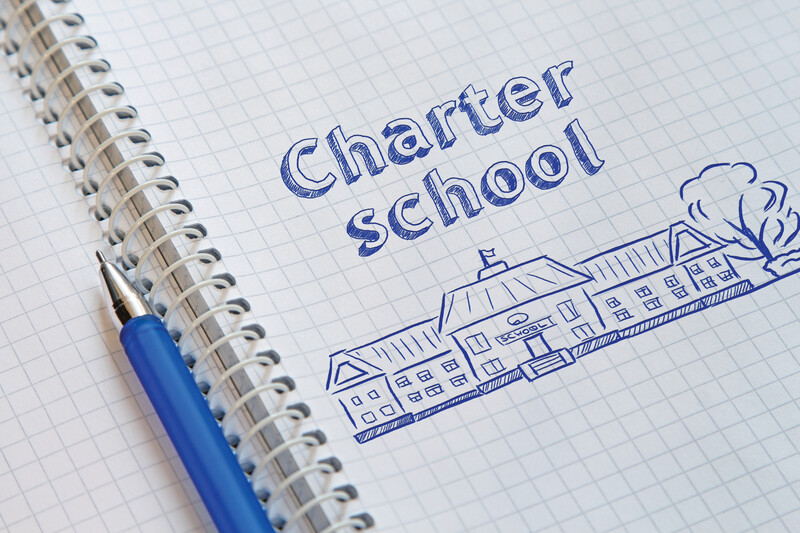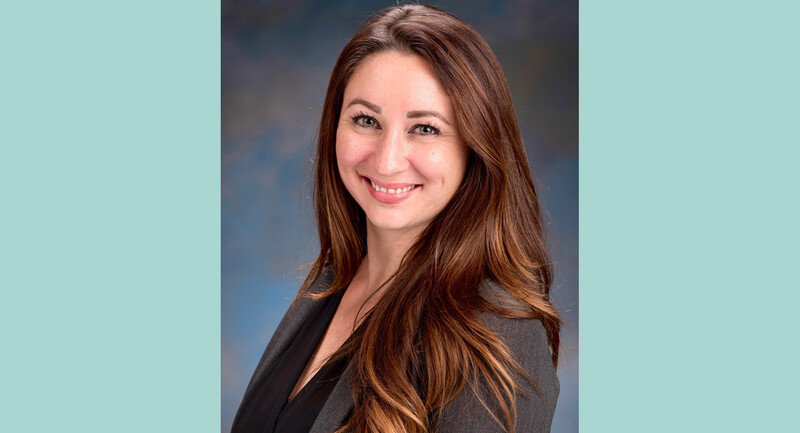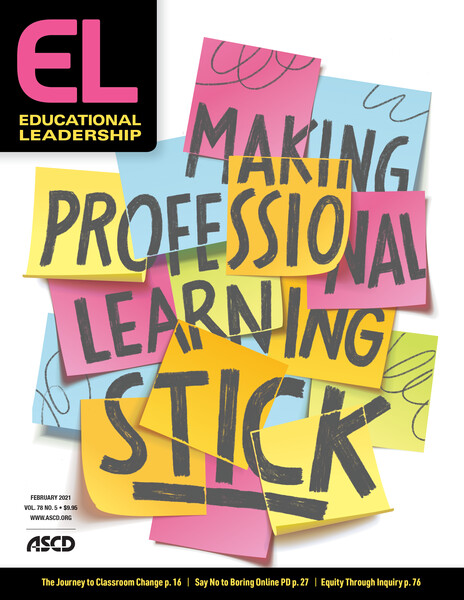What will the Biden administration mean for education? The new president's priorities certainly are ambitious: universal pre-K, free community college, doubling the size of Pell Grants, de-emphasizing test-based accountability, and tripling K–12 federal funding. Whether all these goals are achievable remains to be seen, especially since President Biden's first job—and really his only job for the foreseeable future in terms of education—is to get COVID-19 under control and safely reopen schools.
What is becoming clear—indeed has been since Biden won the Democratic nomination—is that there will be a renewed, intense debate around charter schools. It's not the most obvious issue to inflame such passions or engender national attention. But the fault lines have been deepening for a while. And with the Every Student Succeeds Act (ESSA) chugging along in the states without much controversy, the $440 million federal charter school program—a pittance compared to the more than $40 billion federally appropriated for K–12 education annually—and the 7,500 charter schools that educate less than seven percent of all students in the United States are going to take on outsized importance (National Alliance for Public Charter Schools, 2020).
How DeVos Didn't Help the Movement
The whole situation is a shocking turn of events for charter school advocates, who should have been riding high these past four years. Never was there a bigger champion of charter schools leading the U.S. Department of Education than Secretary Betsy DeVos. But in a surprising twist worthy of a John Grisham novel, DeVos's support for charters helped taint the concept. The main reason for this is that she included them as a key element of her larger school privatization movement. DeVos's promotion of charter schools was also a visible reminder that a small group of billionaires have helped bankroll many charter school initiatives—all the way from state referendums and school board elections to the creation of many schools themselves (Ho, 2018).
The upshot was that increased class divisions and partisan perceptions took hold of what heretofore had been widely viewed as a successful, popular, and bipartisan enterprise. Growing mistrust crept in among some public school advocates about the ultimate end game of charters. Further fueling concern was excited talk by a subset of charter school advocates about religious charter schools being the next logical step in the wake of the Supreme Court's Trinity Lutheran Church v. Comer (in 2017) and Espinoza v. Montana (in 2020) decisions allowing public aid to religious schools.
Turning Their Sights on Biden
Against this backdrop many charter advocates, perhaps feeling embittered and betrayed by the Trump Administration's inexplicable proposal to completely defund charter schools in its FY21 budget, turned their sights on Joe Biden and his education platform during the Democratic National Convention last August. The particular source of ire was the Biden campaign's position to place new restrictions on the publicly funded independent schools. The first shot across the bow was an August 2020 Washington Post op-ed by Chad Aldeman and Alex Spurrier, charter proponents who suggested that opposition to charter schools "would damage the students and families that Biden, and Democratic voters, say they want to serve" and that increased charter school accountability would merely serve an effort to "placate teacher union officials."
The actual position of Biden's platform on charters blandly reads (on p. 67 of the 2020 Democratic Party Platform) that Democrats will:
ban for-profit private charter businesses from receiving federal funding … support measures to increase accountability for charter schools, including by requiring all charter schools to meet the same standards of transparency as traditional public schools, including with regard to civil rights protections, racial equity, admissions practices, disciplinary procedures, and school finances … [and] conditioning federal funding for new, expanded charter schools or for charter school renewals on a district's review of whether the charter will systematically underserve the neediest students.
More recently, Michael Petrilli (2020), the head of the conservative Fordham Foundation, claimed Biden's position on charter schools "is arguably the most antagonistic of any major party candidate since their creation in the early 1990s."
This is a remarkable statement in that it interprets increased transparency and accountability as antagonistic and antithetical to charters. It's even more remarkable because—it bears repeating in this hall-of-mirrors debate—the president at the time the Fordham Foundation leader made this statement (Donald Trump) had proposed eliminating the charter school program in his FY21 budget. Trump's program-gutting proposal would seem to be, on the whole, a much more antagonistic stance than Biden's deference to local school control and additional reporting requirements.
The fact that House Democrats have led the charge to restore the FY21 charter school funding appears to carry no water with a certain highly vocal segment of charter school supporters. There appears to be an odd grievance mindset among these particular charter advocates. Their erstwhile allies sought to eliminate charter funding—during which they raised no complaint—while those who've taken steps to protect their funding are denounced as opponents to the cause.
The crux of the issue may be that Biden and those in his camp are asking for more accountability. Republicans and corporate-connected Democrats who assail Biden's position don't seem to think the same basic rules that apply to all public schools should apply to charters, especially not ESSA's accountability and transparency policies. These powerful pro-charter forces (who certainly don't represent all advocates of the charter concept) seem to view charters as a silver-bullet solution in and of themselves, as if it's not the inventive approaches the schools take but the "choice" they provide that is the ultimate reform strategy. To be sure, notable charter schools have helped students—particularly in underserved communities—succeed. But for the experiment to move beyond an archipelago of impressive individual deeds and become an enduring, widespread system, charters are going to have to adhere to the basic accountability asked of all schools.
Or maybe the charter movement really has become a partisan issue as it morphs, for some, from an Albert Shanker-inspired innovation for instructional practices to a Trojan Horse for school privatization. The year ahead will test these premises. In the meantime, it may be worth considering that the criticism of Joe Biden by some charter proponents likely says more about them and their political priorities than it does about the new president's education policies.







